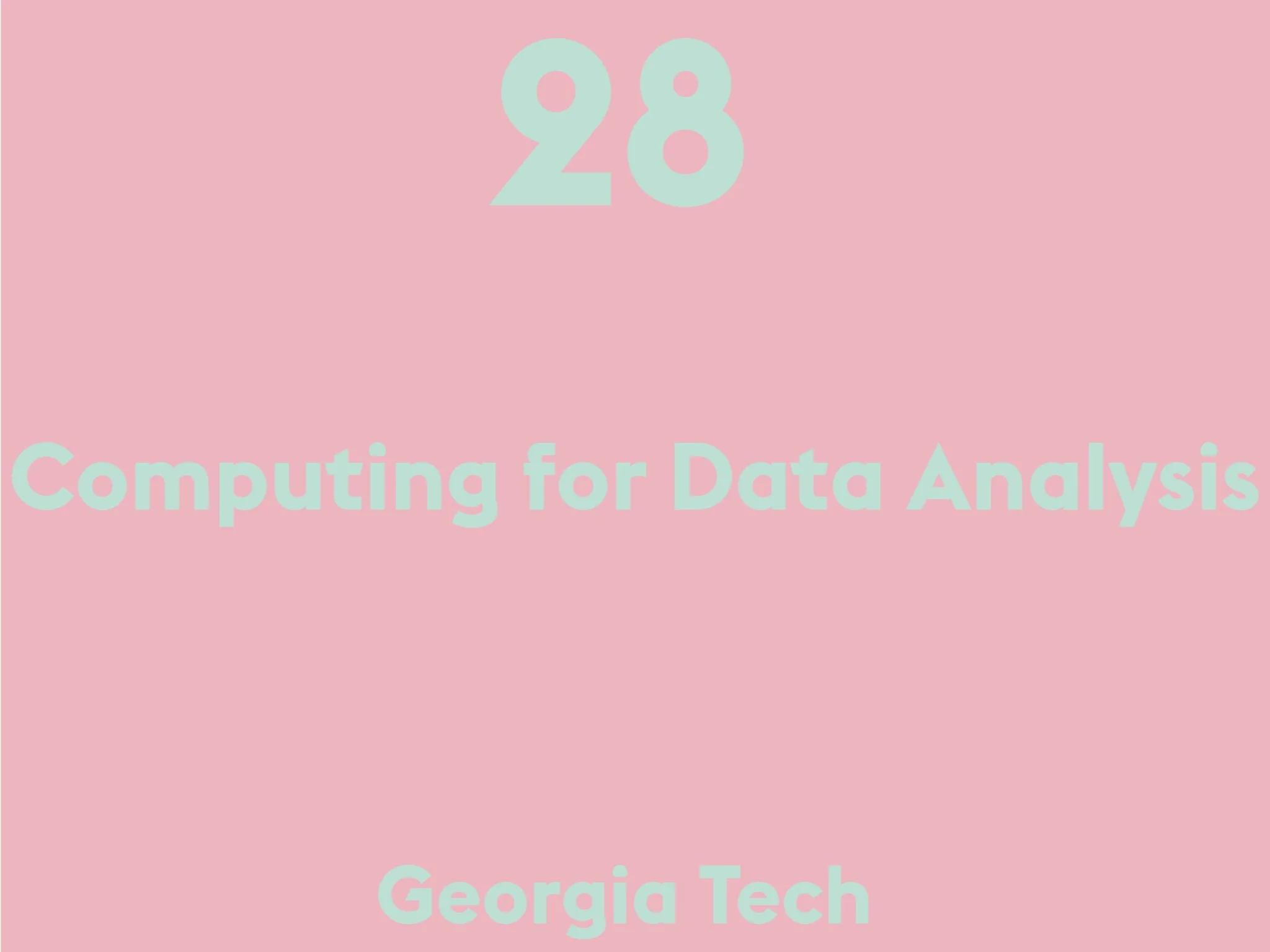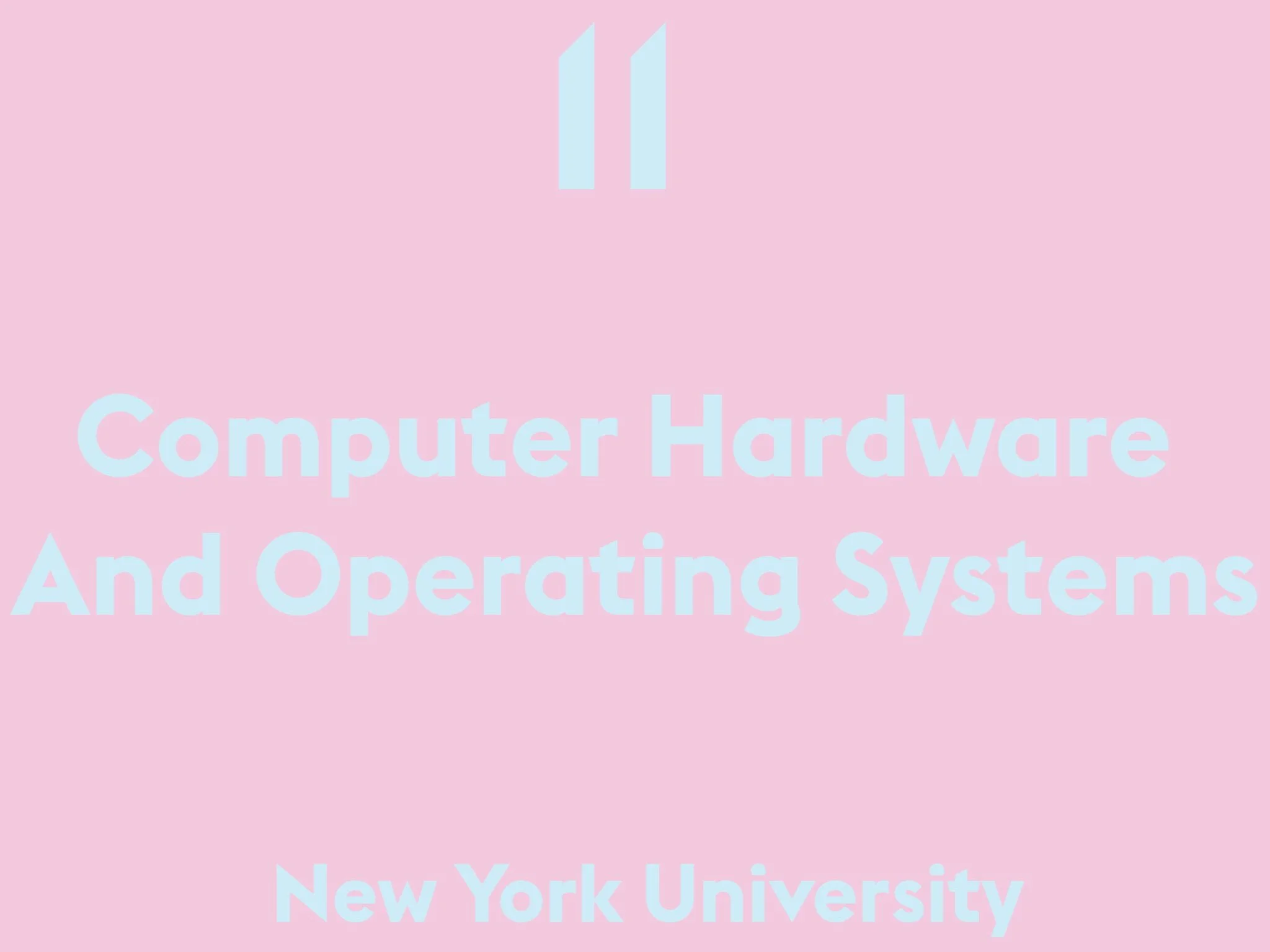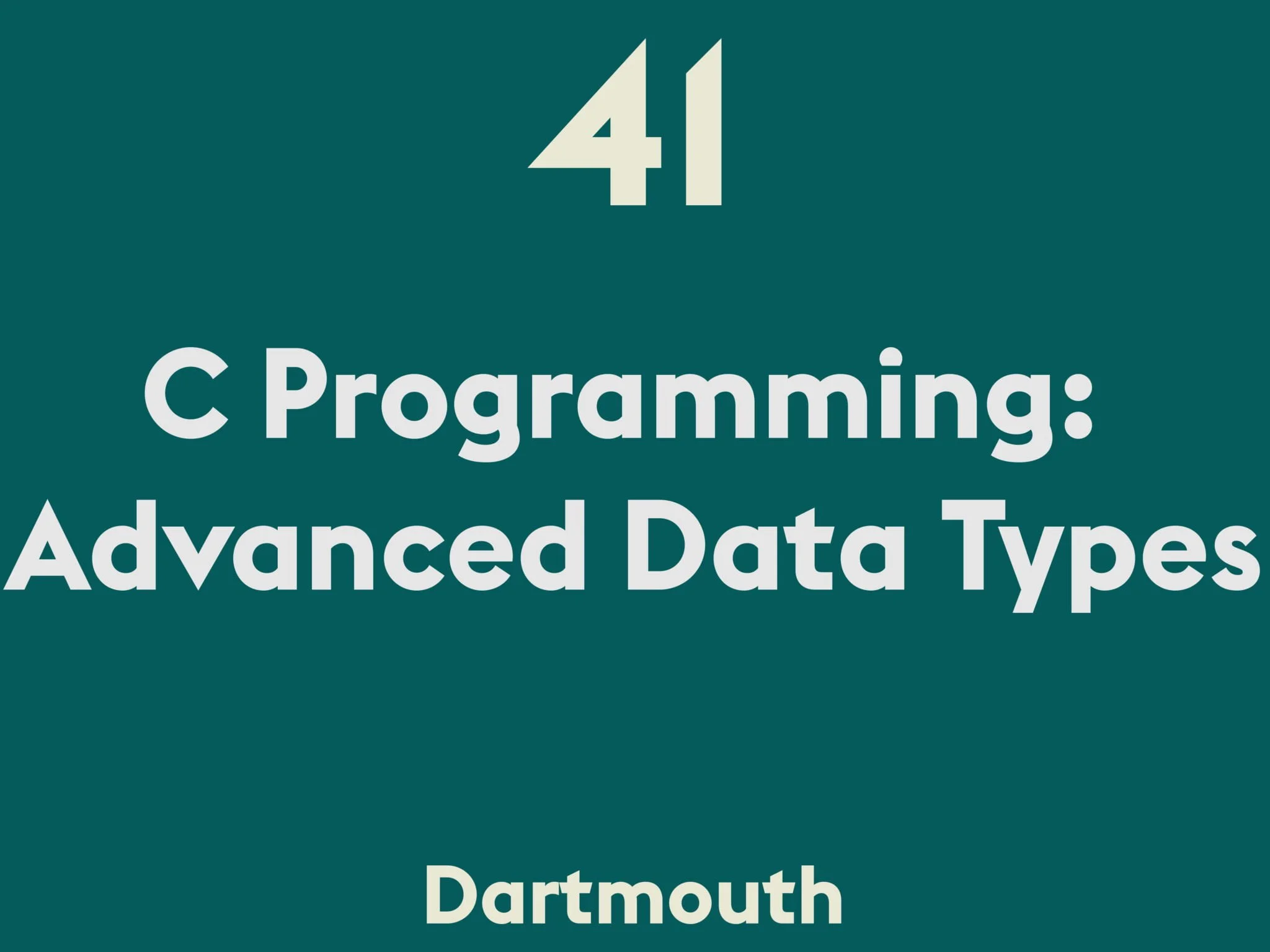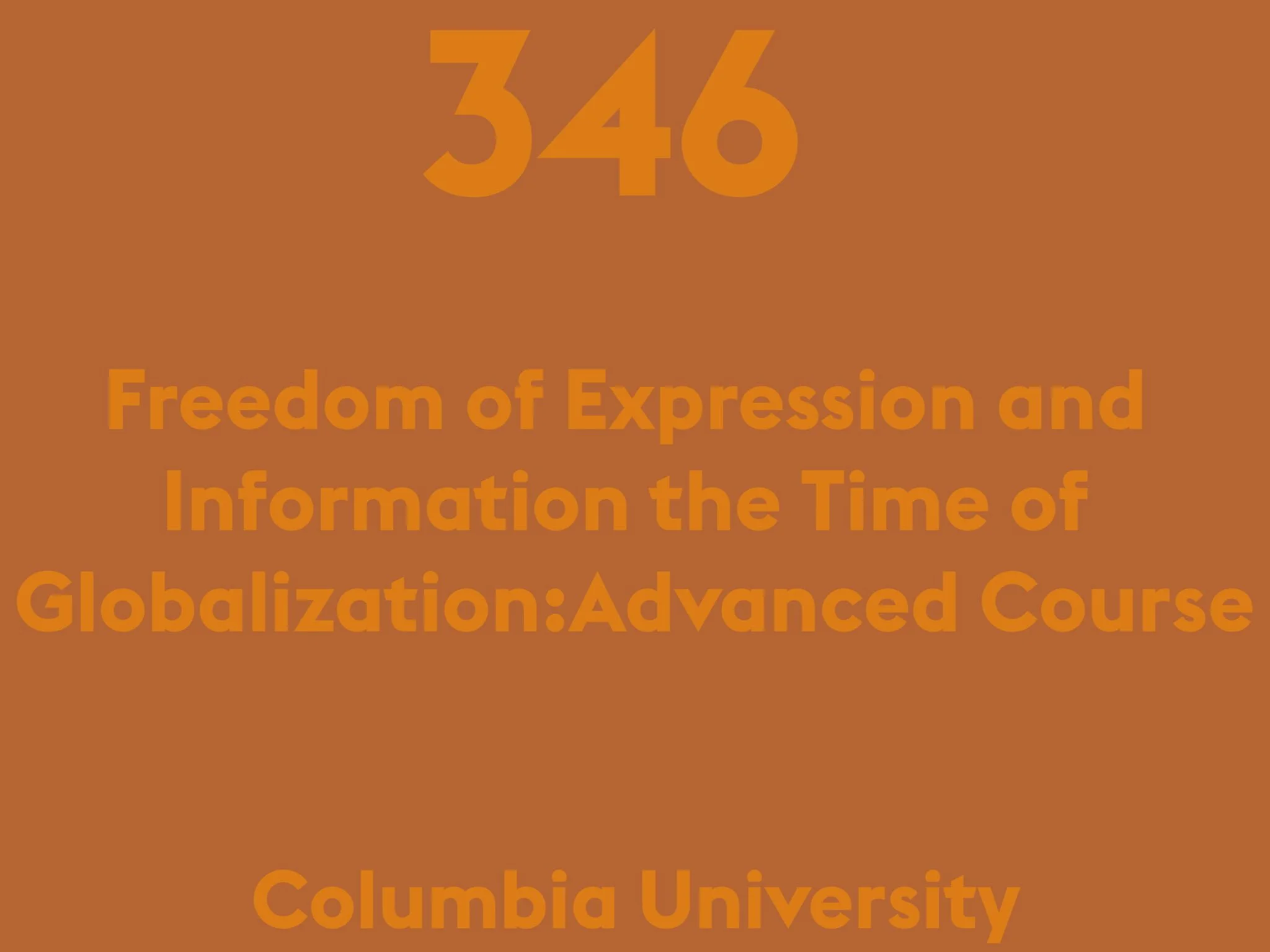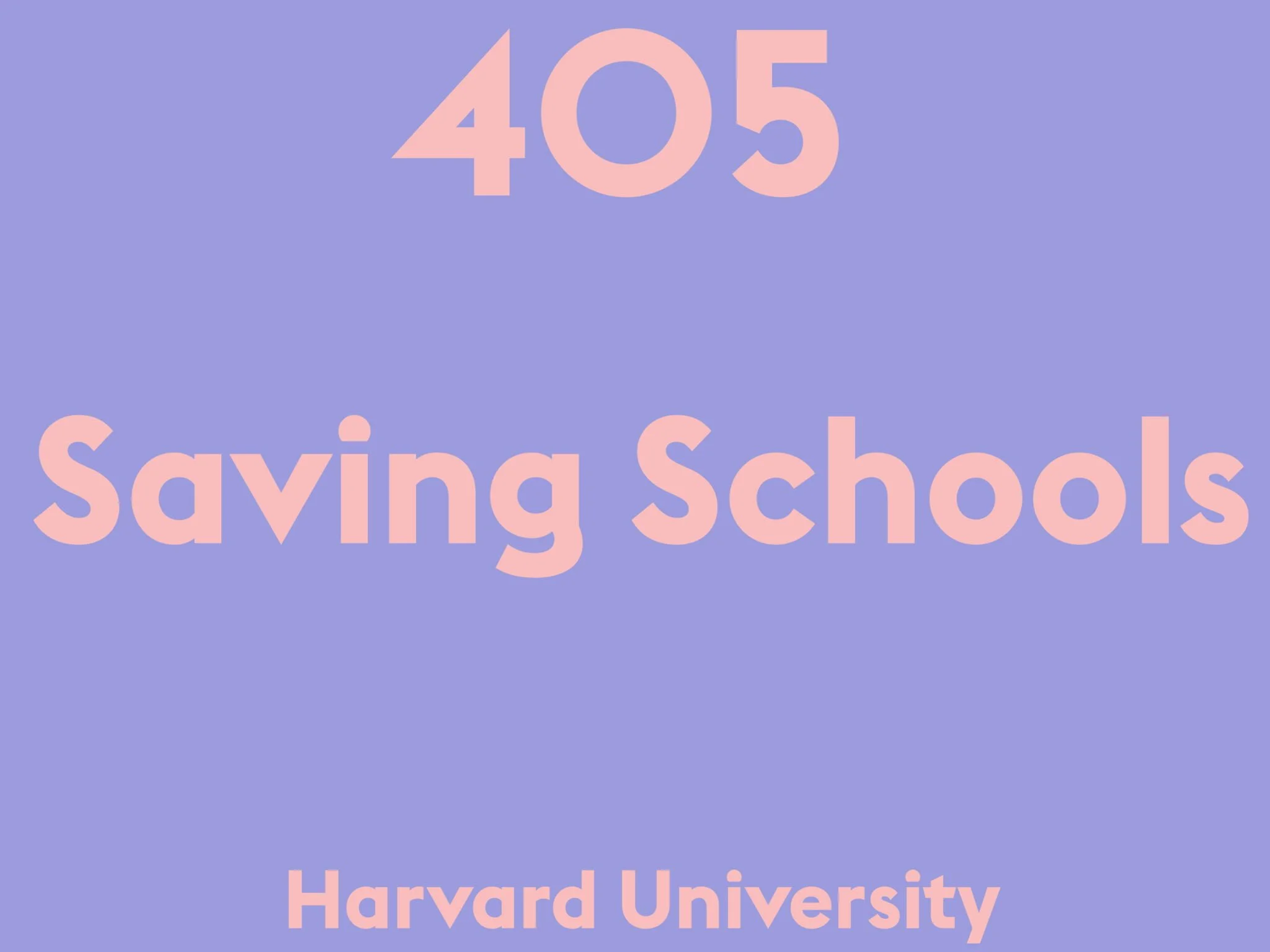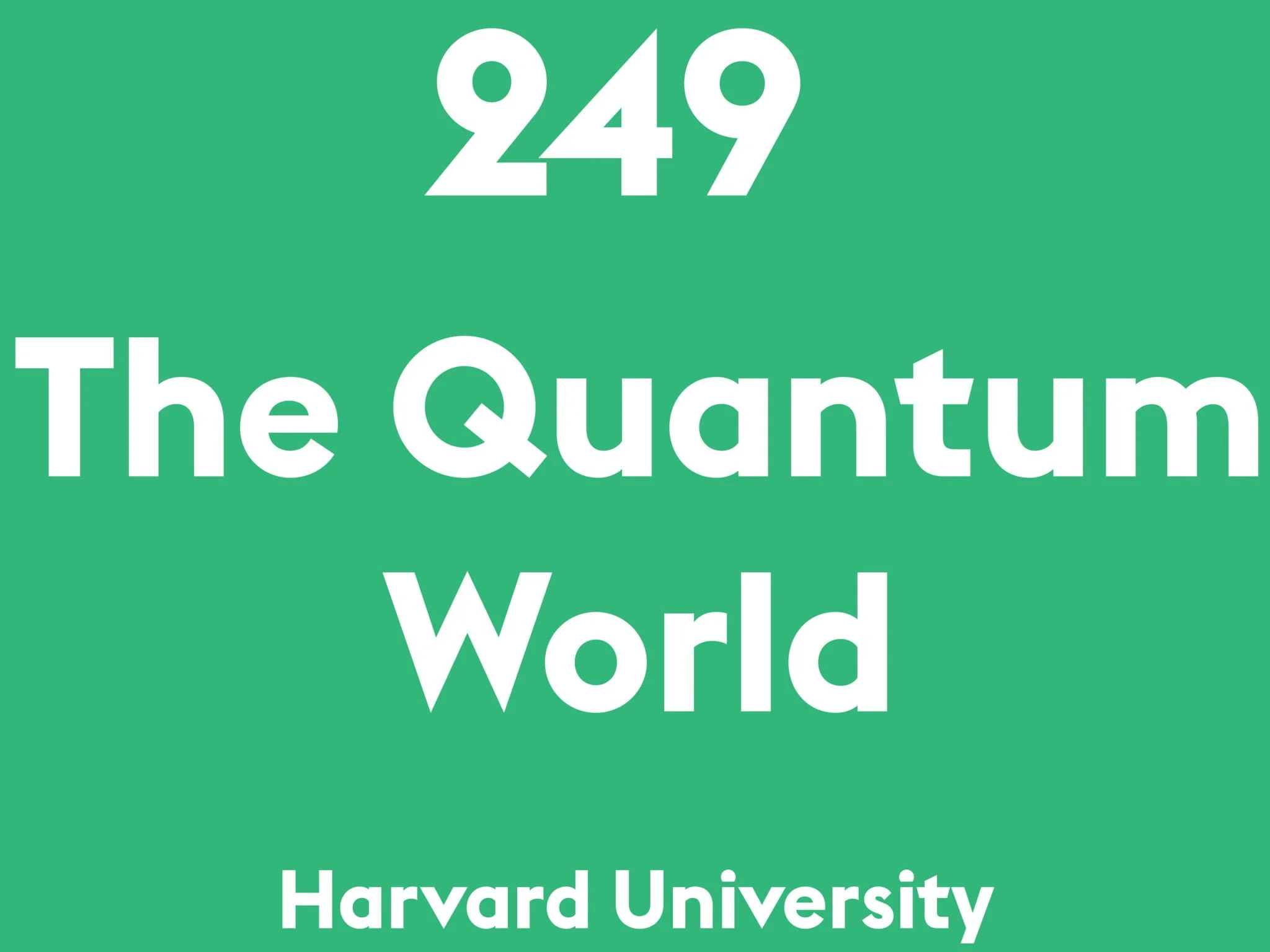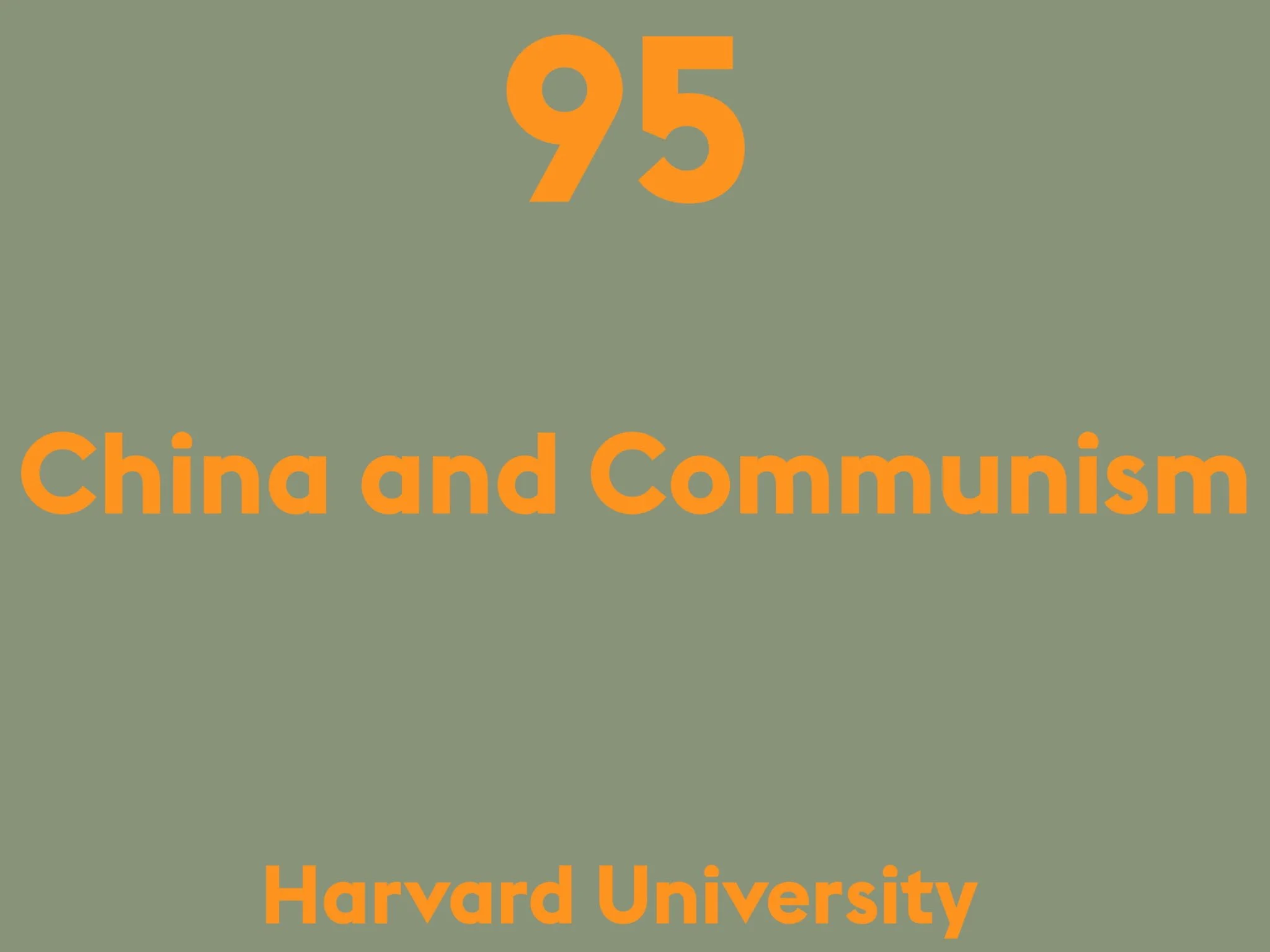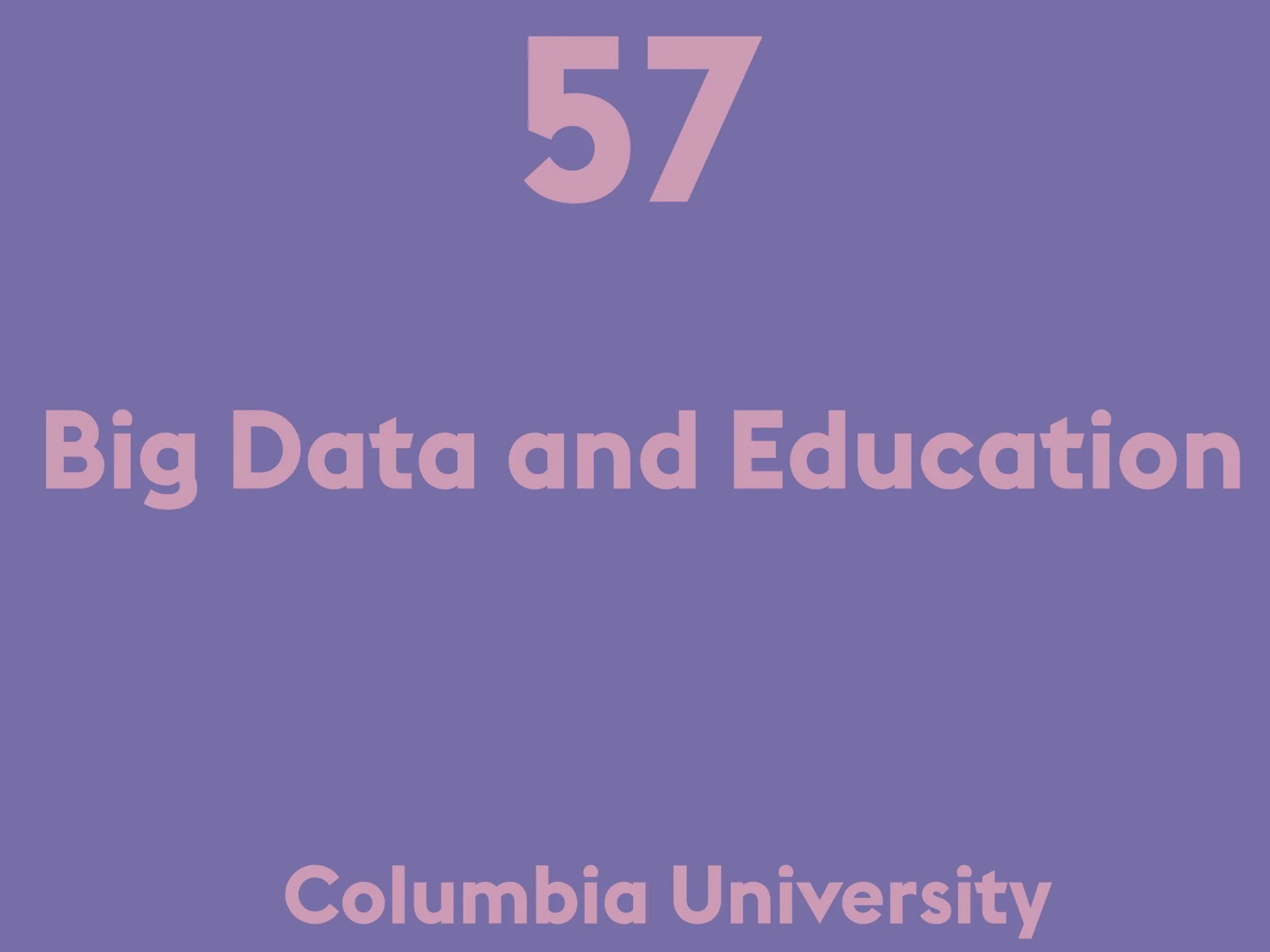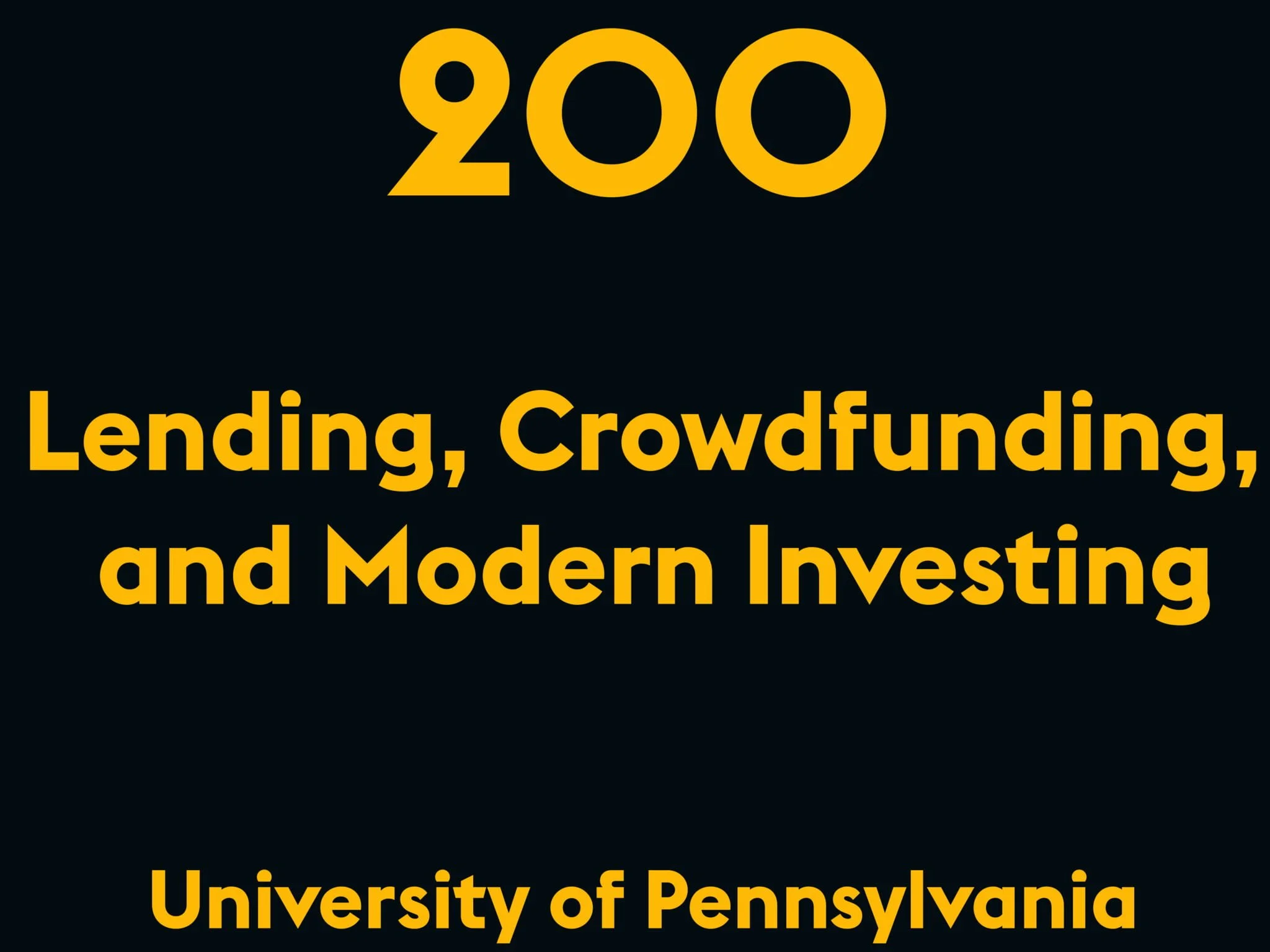We begin with an introduction to the relevant biology, explaining what we measure and why. Then we focus on the two main measurement technologies: next generation sequencing and microarrays. We then move on to describing how raw data and experimental information are imported into R and how we use Bioconductor classes to organize these data, whether generated locally, or harvested from public repositories or institutional archives. Genomic features are generally identified using intervals in genomic coordinates, and highly efficient algorithms for computing with genomic intervals will be examined in detail. Statistical methods for testing gene-centric or pathway-centric hypotheses with genome-scale data are found in packages such as limma, some of these techniques will be illustrated in lectures and labs.
Given the diversity in educational background of our students we have divided the series into seven parts. You can take the entire series or individual courses that interest you. If you are a statistician you should consider skipping the first two or three courses, similarly, if you are biologists you should consider skipping some of the introductory biology lectures. Note that the statistics and programming aspects of the class ramp up in difficulty relatively quickly across the first three courses. By the third course will be teaching advanced statistical concepts such as hierarchical models and by the fourth advanced software engineering skills, such as parallel computing and reproducible research concepts.


